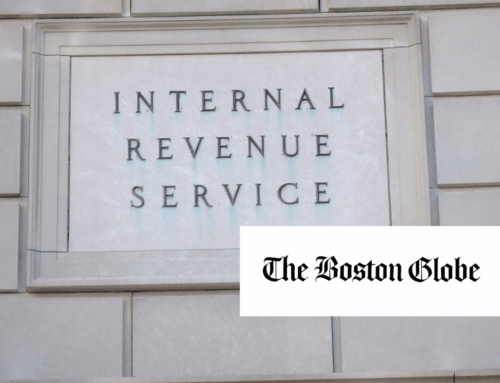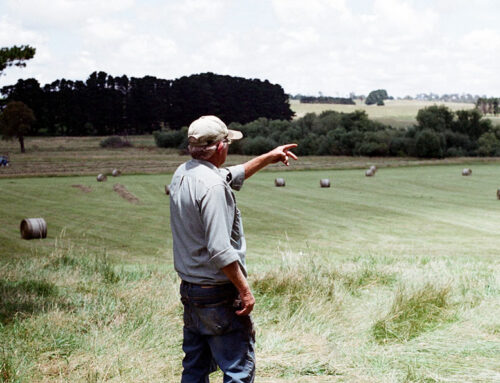Iowa has a history of prioritizing initiatives to improve water quality and reduce soil erosion, with terraces, grassed buffers, and farm ponds visible across the state. These conservation practices help sequester carbon and reduce fertilizer runoff, which otherwise pollutes drinking water.
But policies and programs put in place in recent decades have resulted in backsliding on these efforts.
Des Moines Water Works recently spent millions of dollars removing nitrogen pollution from the city’s drinking water. The costs of agricultural pollution — plus recent devastating derechos, floods, and droughts — loom large.
Federal farm programs aren’t helping the situation. Crop insurance subsidies perversely disincentivize the use of cover crops and other risk-reducing measures that improve water quality and sequester carbon. Federal commodity programs often work at cross purposes with state incentives to increase on-farm conservation including the uptake of cover crops.
The U.S. Department of Agriculture recently proposed new climate/carbon subsidies through the Commodity Credit Corp., an administrative tool presidents can use to create “temporary” agricultural programs without waiting for congressional approval. Although this may sound like an innovative, market-based solution, it could be counterproductive. If resources are spent on unproven practices that are difficult to quantify and maintain, taxpayer dollars will be wasted.











Get Social